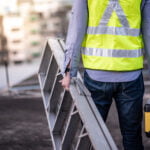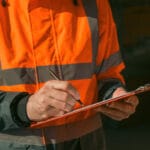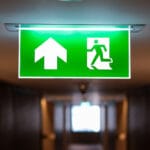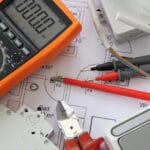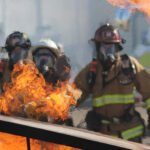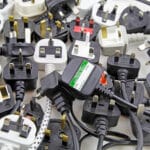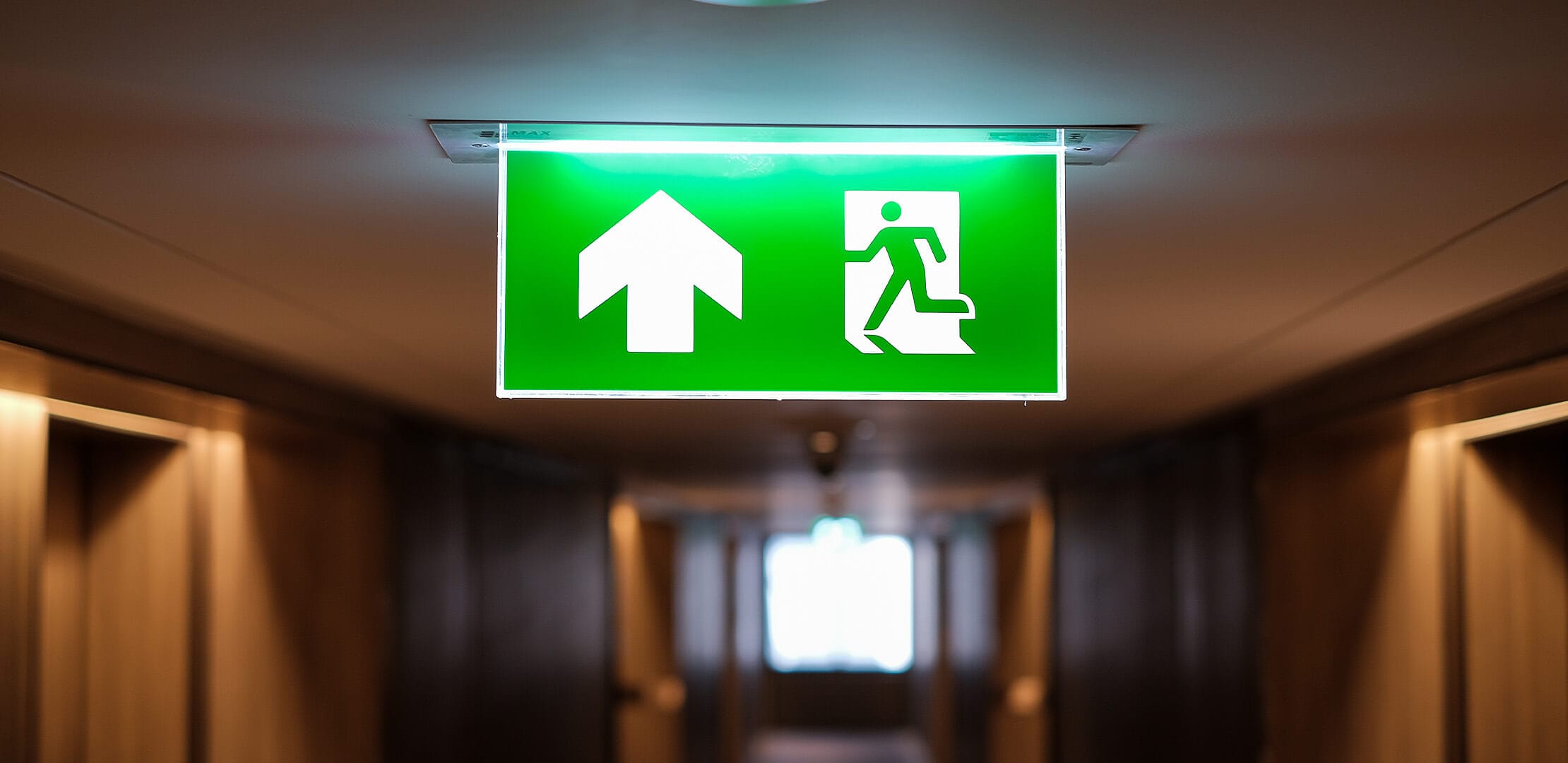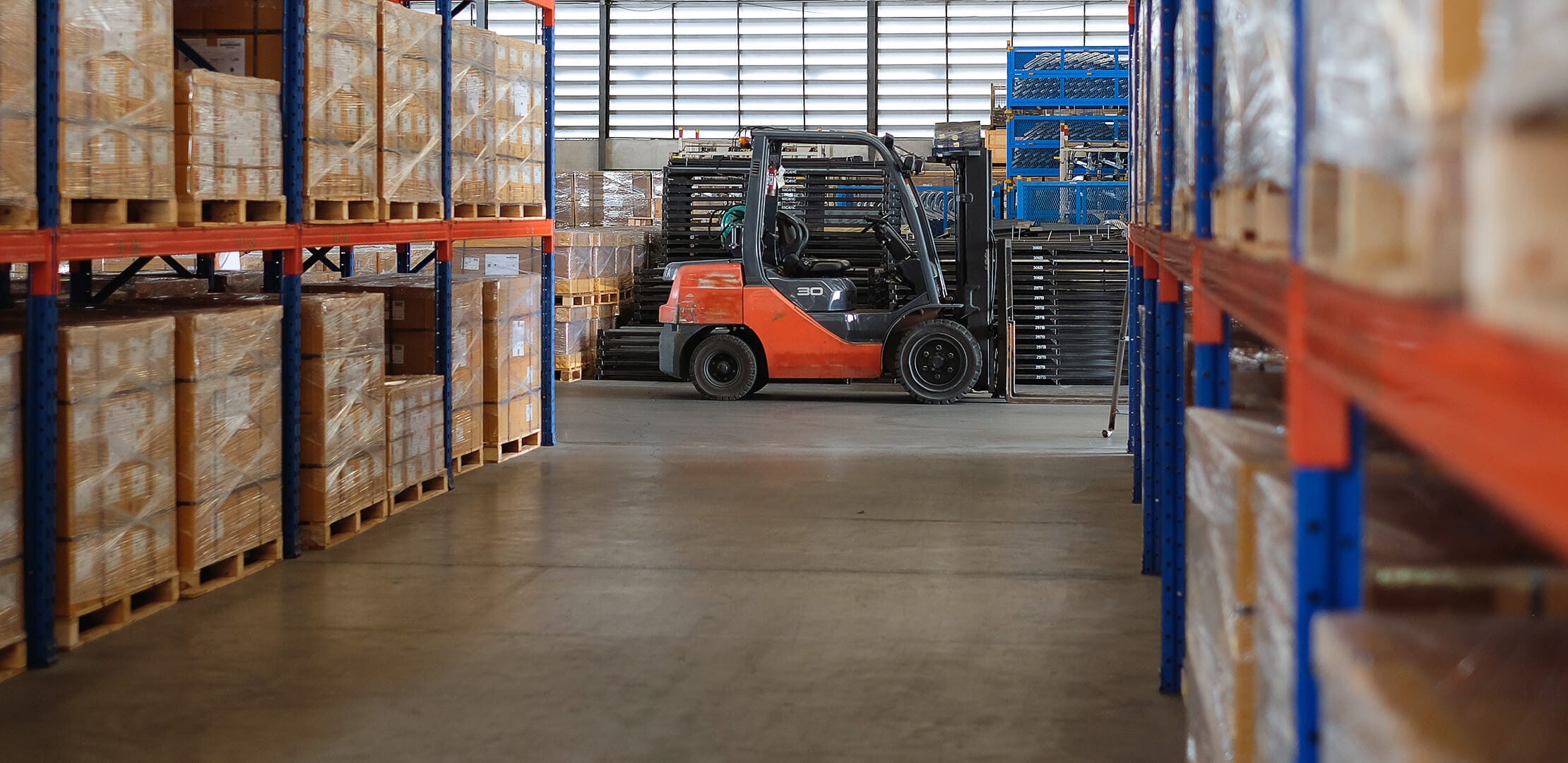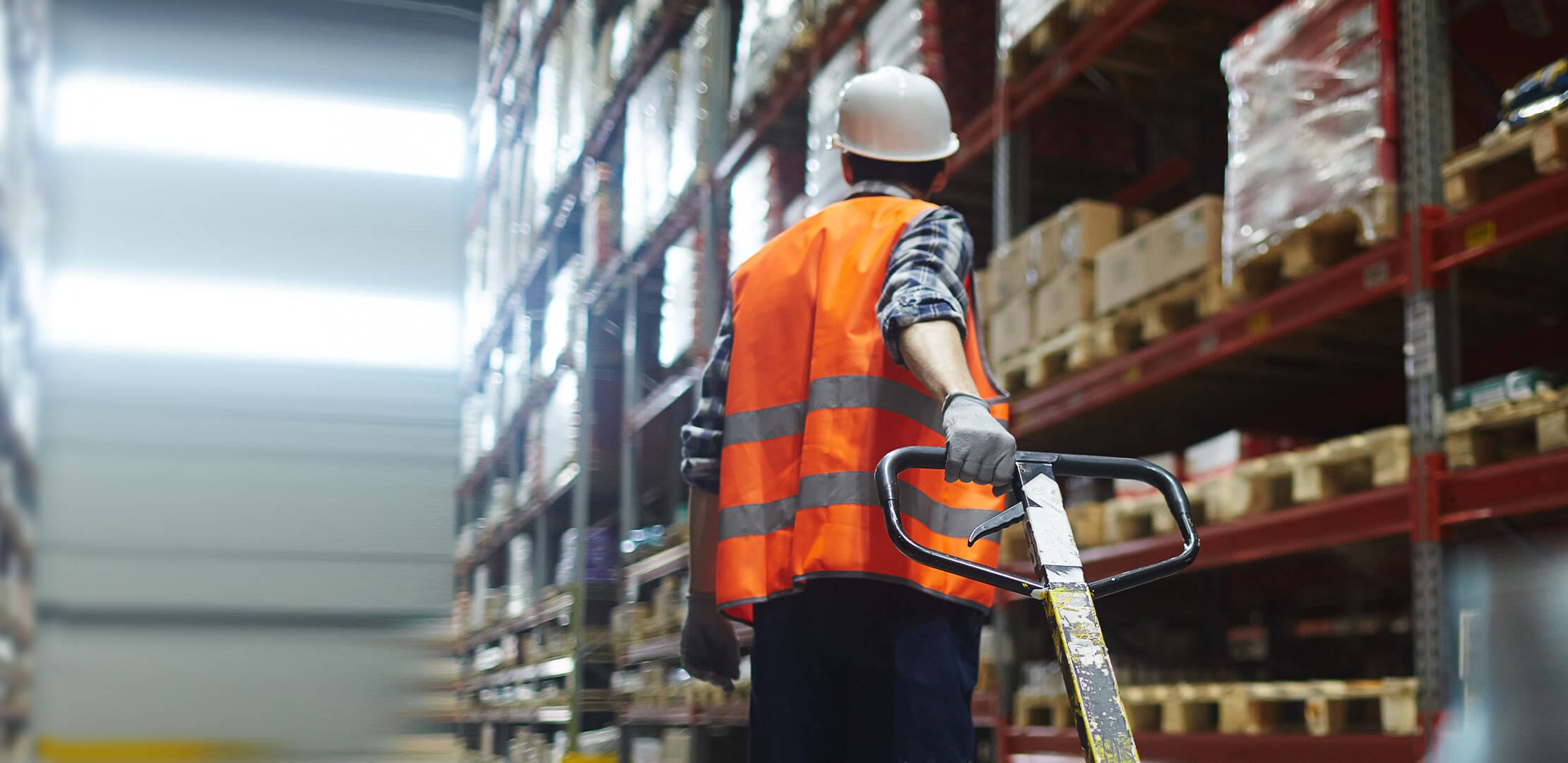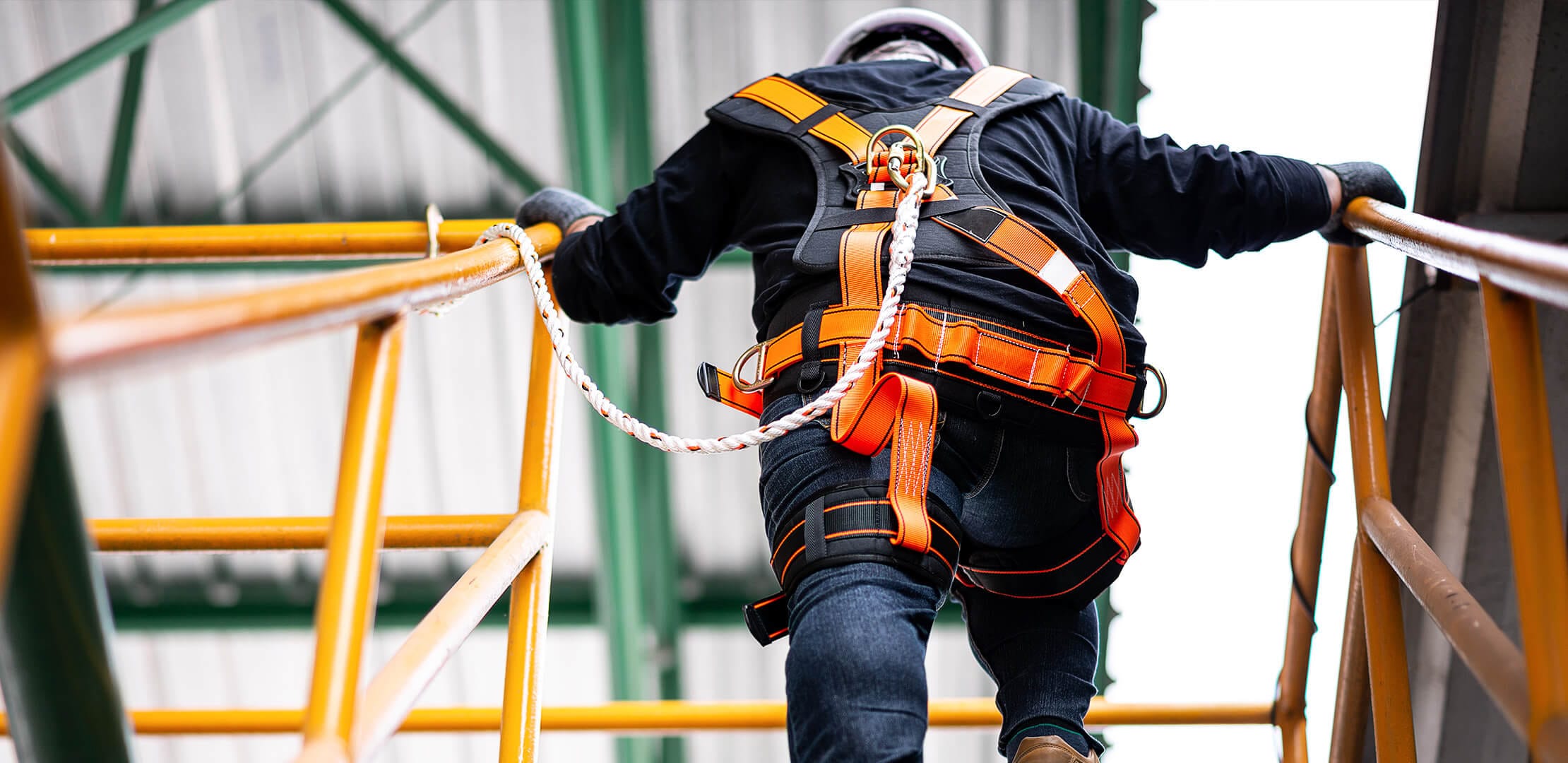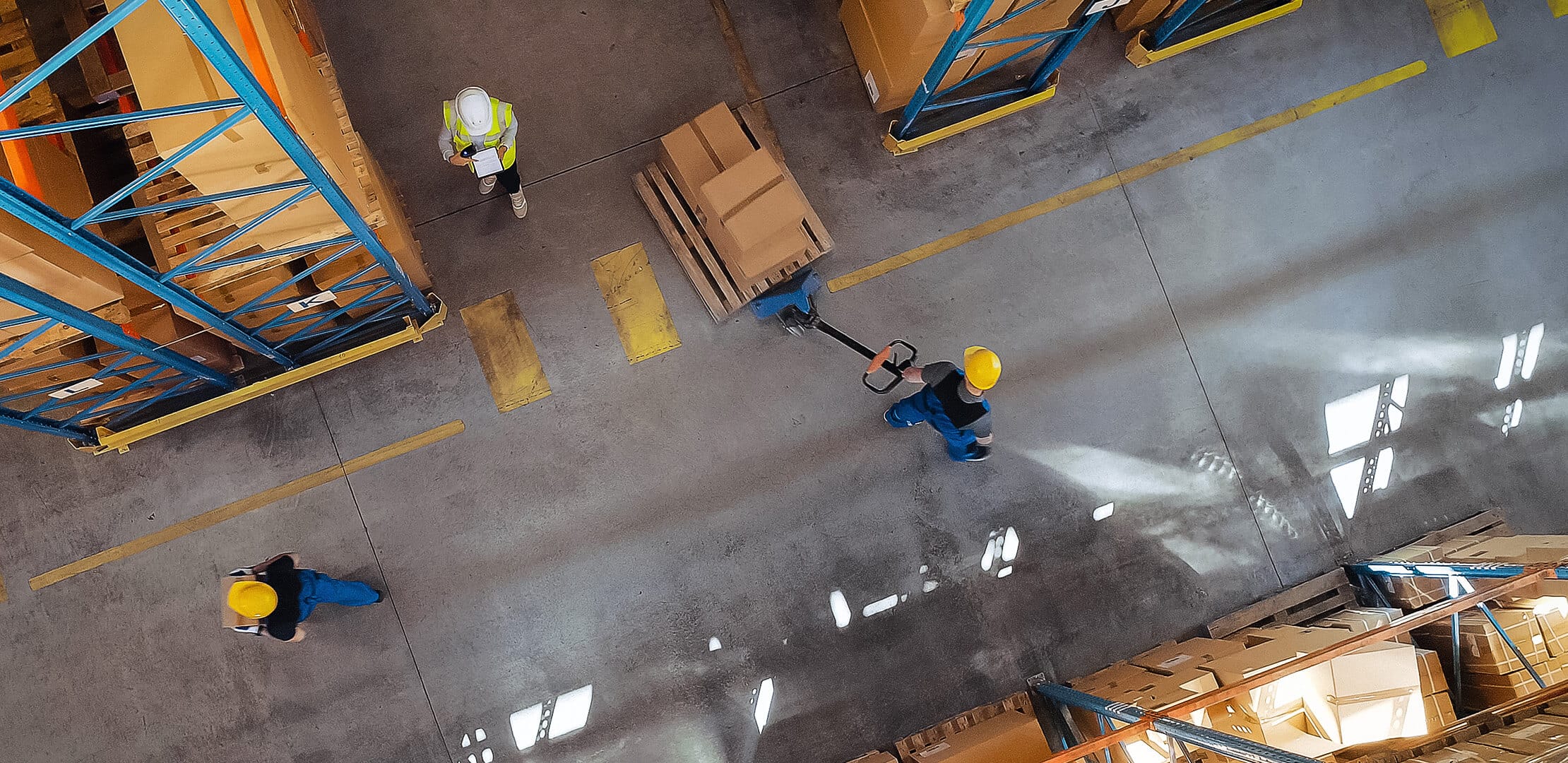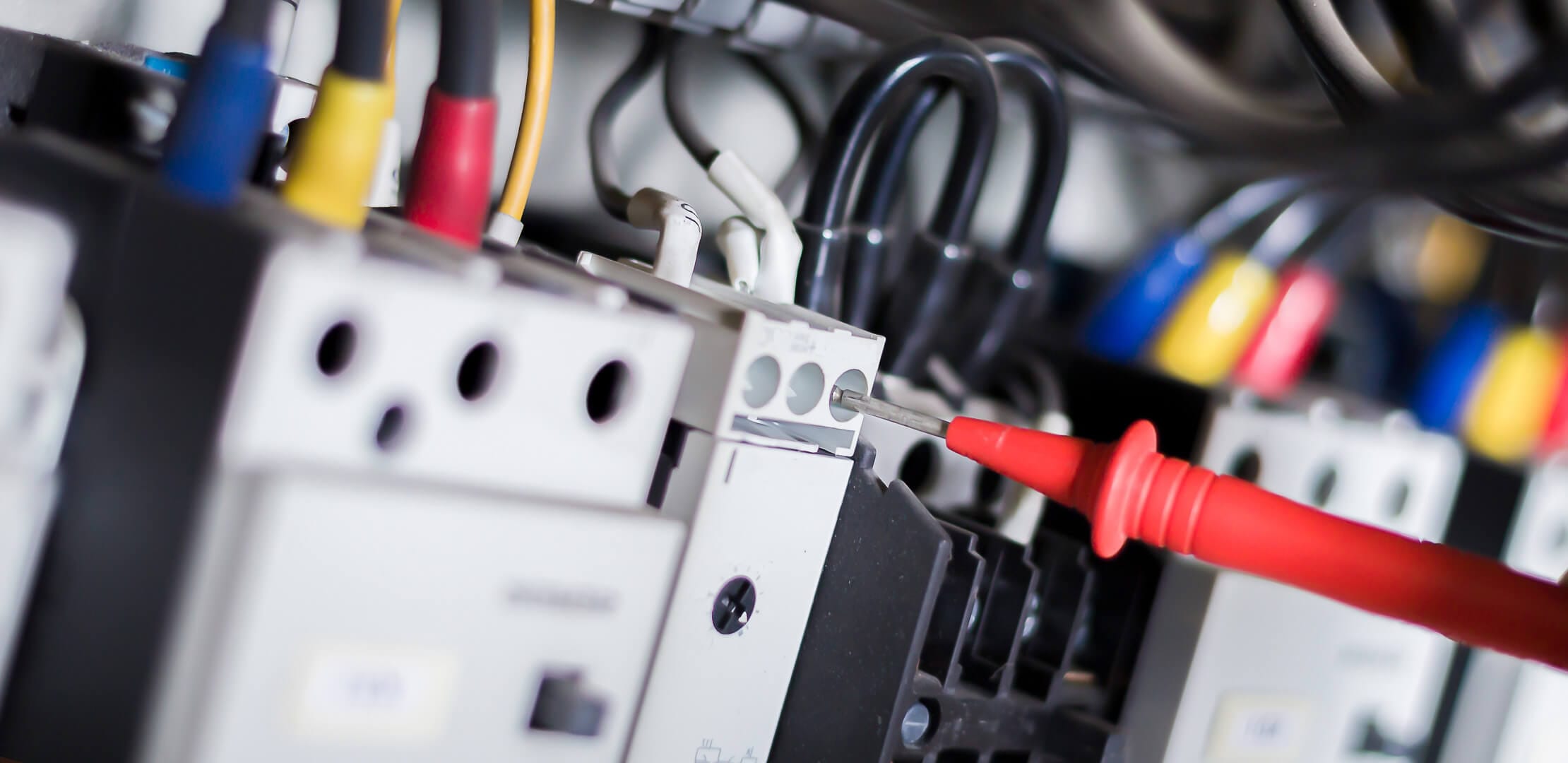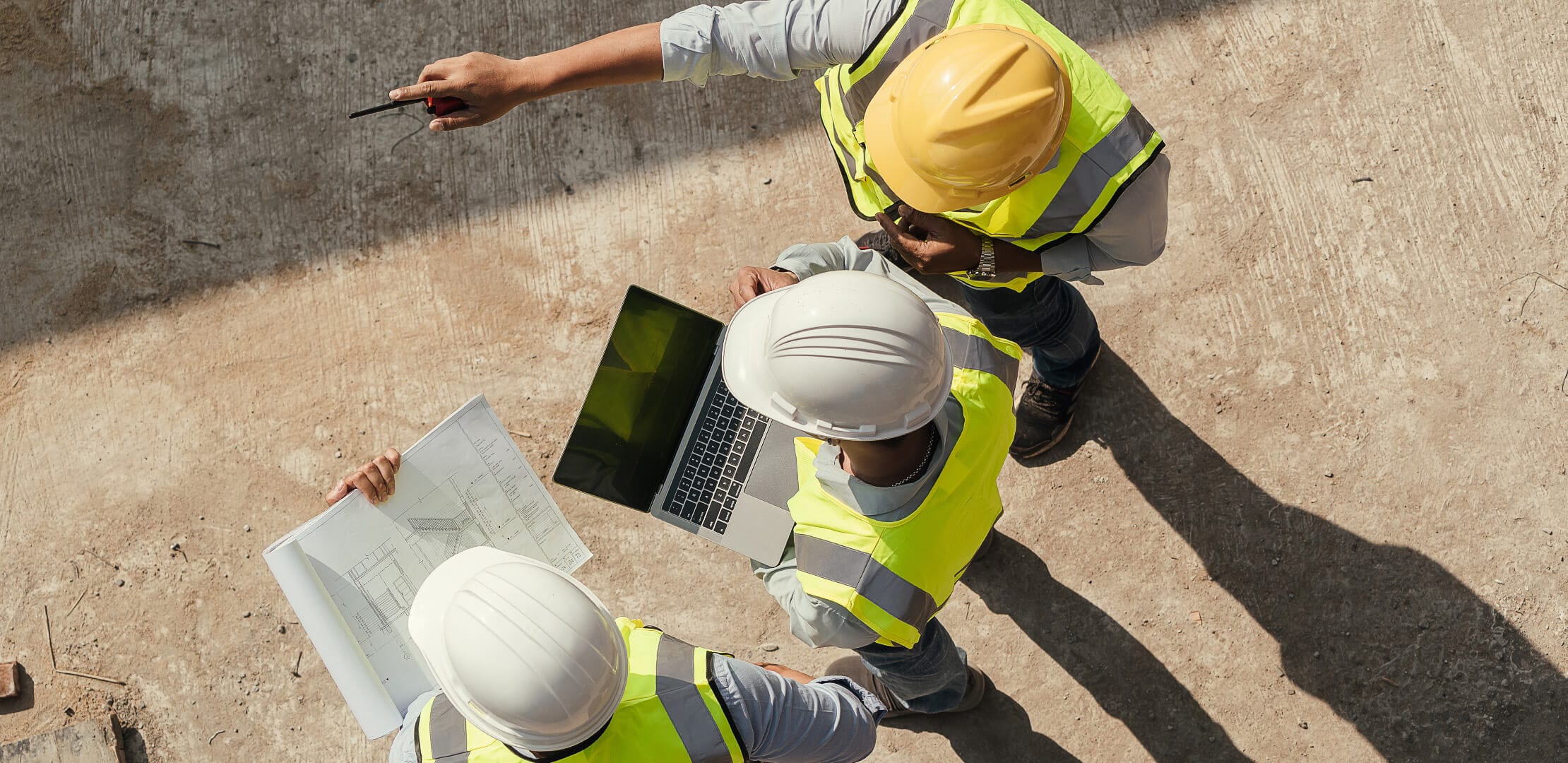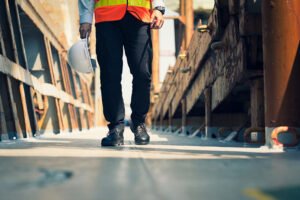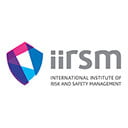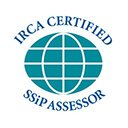LEV
The operation of Local Exhaust Ventilation and guidance surrounding regular testing and inspection by competent engineers is set out in HSG 258 'Controlling airborne contaminants at work: A guide to local exhaust ventilation (LEV)'.
When working correctly, LEV systems should carry away any harmful dust, mist, fumes or gas in the air. This is to prevent individuals from breathing in dangerous impurities. Correctly fitted and maintained, LEV will collect the air that contains the contaminants and make sure they are contained and removed.
How often should LEV be inspected?
LEV requires testing every 14 months, ensuring the local exhaust ventilation is regularly inspected through different seasons and climates. This is relevant to both portable and fixed equipment.
What does an LEV Thorough Examination and Test involve?
An LEV test involves thoroughly examining the extraction equipment, such as the ducts, hoods and filters. It involves measuring the technical performance and an assessment of the working condition of the LEV system. Essentially, it is looking to ensure that the system is working as it was initially designed to and therefore, if any changes have been made to processes carried out or to the system itself, this should be considered as part of the test.
Ductwork and Air Conditioning
The ductwork in your premises may be hidden or exposed, but when was the last time it was thoroughly cleaned? Not only do any fire dampers within the system need to be regularly tested to ensure they are in good working order, but the condition of the ductwork system is also crucial to ensure both health and fire hazards are properly managed.
Maintenance of heating systems, air conditioning and air handling systems may form part of your planned preventative maintenance regime, but if not we can assist with setting up the appropriate servicing programme at the right intervals for you. Taking into account the equipment itself, but also the entire ductwork system, we will ensure you remain compliant.
Breathing Apparatus
In order to comply with BS EN 12021:2014, testing the air quality of breathing air used in confined spaces, spray painting booths and more is a regular requirement. The air supplied to your employees must be of good quality and free from contaminants – and thorough testing on a regular basis is key to ensuring this.
What should we be doing?
Three monthly air quality testing, as well as keeping records of the tests for five years, will fulfil your regulatory requirements.
How do I book or find out more information?
To find out more information or to get a no-obligation quote, call our Compliance Team on 01427 420 404 or email compliance@skaltd.co.uk


